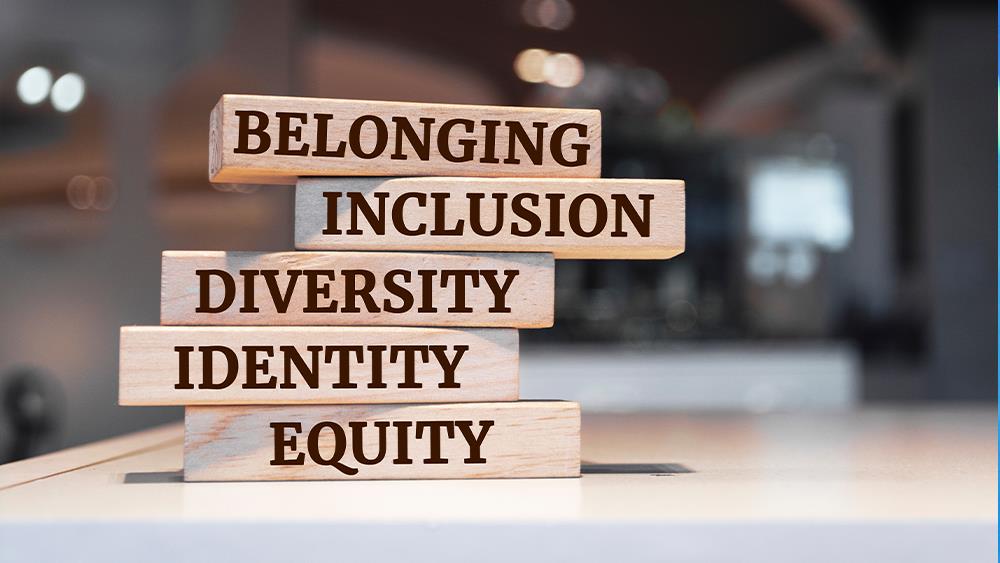
Chris Hayward, CEO at NMBS, explains the role of merchants and suppliers can have in reducing modern slavery and how NMBS can help.
According to the United Nations, an estimated 50 million people are in modern slavery, including 28 million in forced labour. Almost one in eight of these are children.
We think of modern slavery happening a million miles away, or maybe just a horrible feature of overseas fashion, food or agricultural industries. As a result, it is easy for the merchanting industry to overlook and ignore these struggles because we aren’t physically faced with gangs or slavery every day.
However, the tentacles of this evil practice extend into the darkest corners of every industry and every aspect of business, even in the UK, and it is shocking how quickly we can find ourselves face-to-face with this monstrous issue.
Slavery on our doorstep
Let’s get straight to the point. When looking closer at the sourcing of our products and raw materials, the merchant industry has a difficult reality to face.
According to the Chartered Institute of Building, of the $150 billion that modern slavery practices generate each year globally, over 20% originates from the construction, manufacturing, mining and utilities industries.
Our industry is one of the leading hotbeds of modern slavery issues. Our businesses heavily rely on outsourced labour and the use of informal work to harvest or extract raw materials, product products and complete projects. This can open us up to complex supply chains that can make it hard to trace compliance with ethical working practices at every step.
Diving into NMBS’s social awareness
Two years ago, NMBS employed Mazars, an auditor and accountant, to carry out an environmental, social and governance (ESG) report and investigation of risks that could impact us and our members. This helped to identify material risks of slavery throughout NMBS’s processes and provide strategic advice about mitigating them.
One of the report’s main focuses was on suppliers who operated with businesses in the highest-risk locations, including Vietnam and Asia Pacific, the Middle East, China and India. It also looked into building products sectors that trend to have higher slavery rates, such as suppliers of granite, stone, timber, tantalum, tungsten and tin.
The Mazars report highlighted how challenging it can be to trace and influence the supply chain. For example, there is a lack of transparency around supplier sourcing locations – this often makes it impossible to know what we’re dealing with.
Because of this, Mazards confirmed it was not possible in 2022 to draw a direct connection to NMBS suppliers and products and modern slavery issues – and that. some might argue, means there is nothing to worry about. Ignorance is bliss.
But the reality is that modern slavery will almost certainly be lurking int he shadows, so we need to seek it out. Businesses like ours looking to work on their ESG policies can increase supplier transparency on their websites, so other companies in the supply chain can understand the impact their product choices have on their own ESG journey and slavery policies.
NMBS’s standpoint
The research by Mazars in 2022 highlighted the opportunity NMBS has to make a meaningful difference in promoting and enforcing anti-slavery policies held by materials and product suppliers across the merchanting industry. This is why we are on a mission to help tackle the scourge of modern slavery in our part of the construction products industry.
Our message is clear: we are focused on building knowledge, confidence and respect for human rights. Our people are fully engaged, and the board is clear that we always say no to modern slavery.
NMBS is committing to annual monitoring of suppliers to check their compliance with modern slavery legislation. We have already been working with all our suppliers to encourage them to publish their modern slavery policies and to become better businesses with a greater awareness of their supply chains.
The Government is also assessing the UK’s general approach to modern slavery. The House of Lords Select Committee was appointed in January this year to consider the impact of the 2015 Modern Slavery Act and its effectiveness in achieving its aims. It will publish its report by 30 November 2024, which might include some additional guidance that merchants need to consider.
As we bit to reduce modern slavery across the globe, every one of us needs to proactively assess our supply chains and take decisive action if worrying signs are found to stop working with companies that are abusing vulnerable people for their own profit.
Learn more about NMBS’s Modern Slavery Statement on the website https://www.nmbs.co.uk/modern-slavery-statement/

 Find Your
Find Your